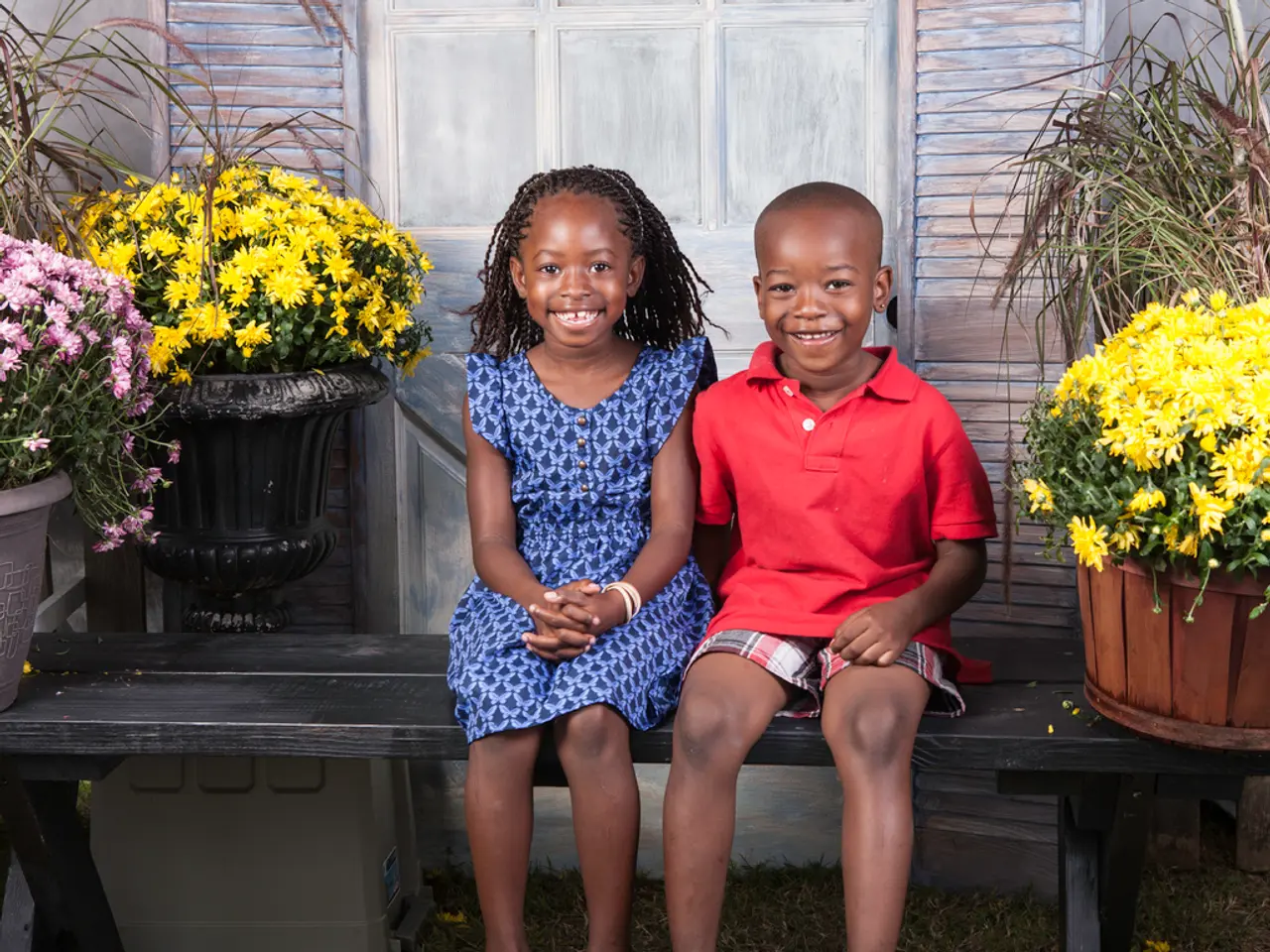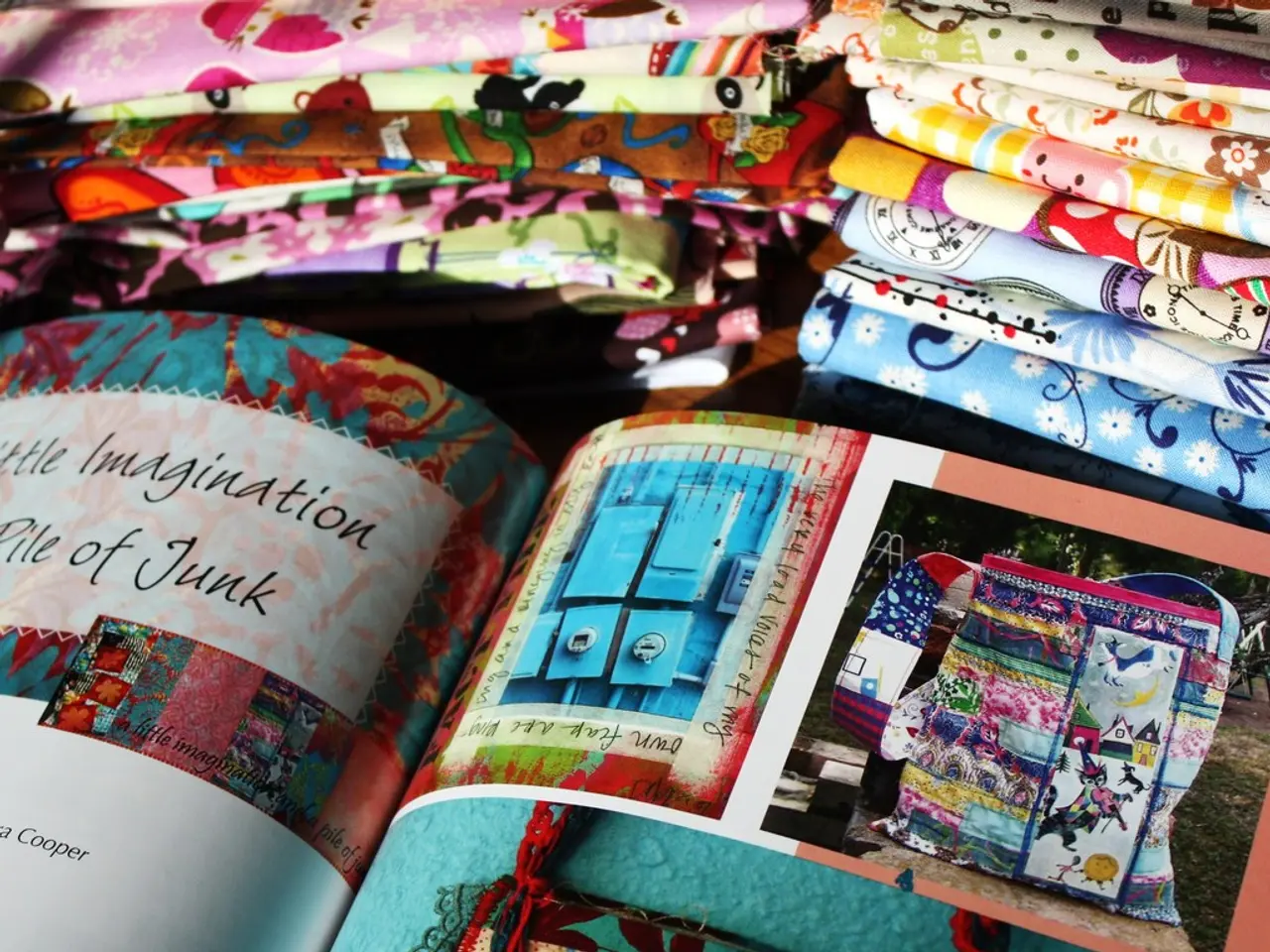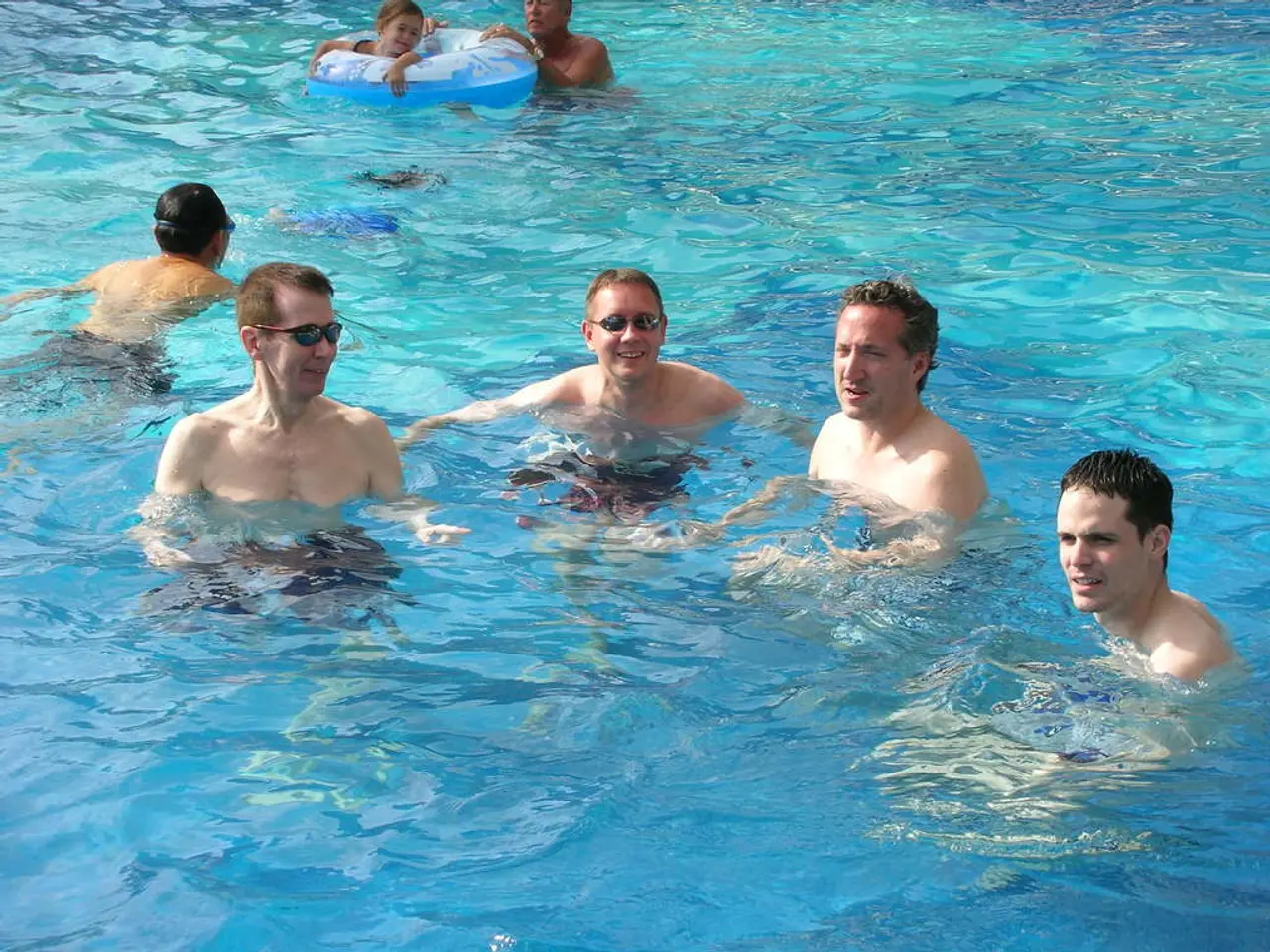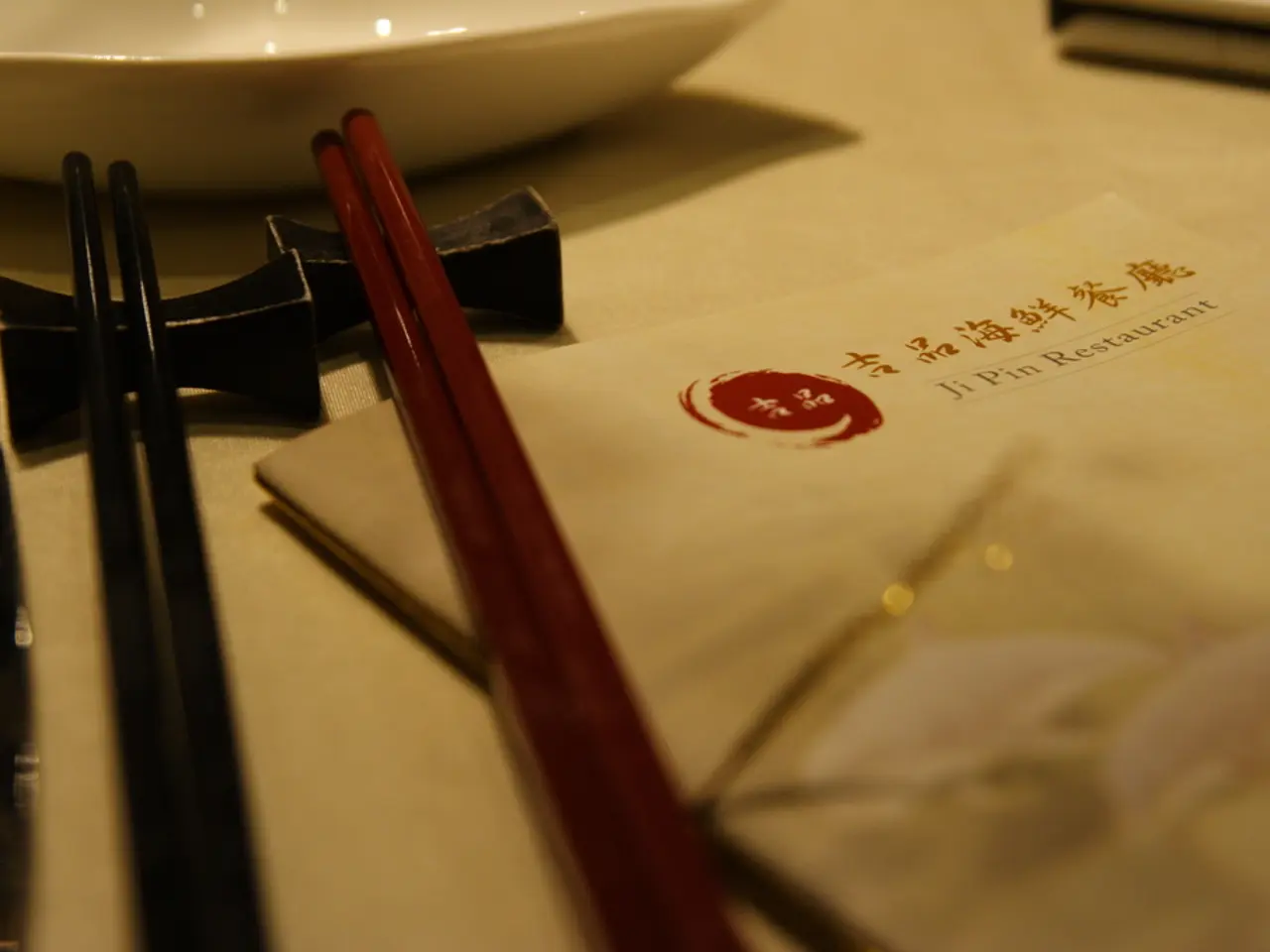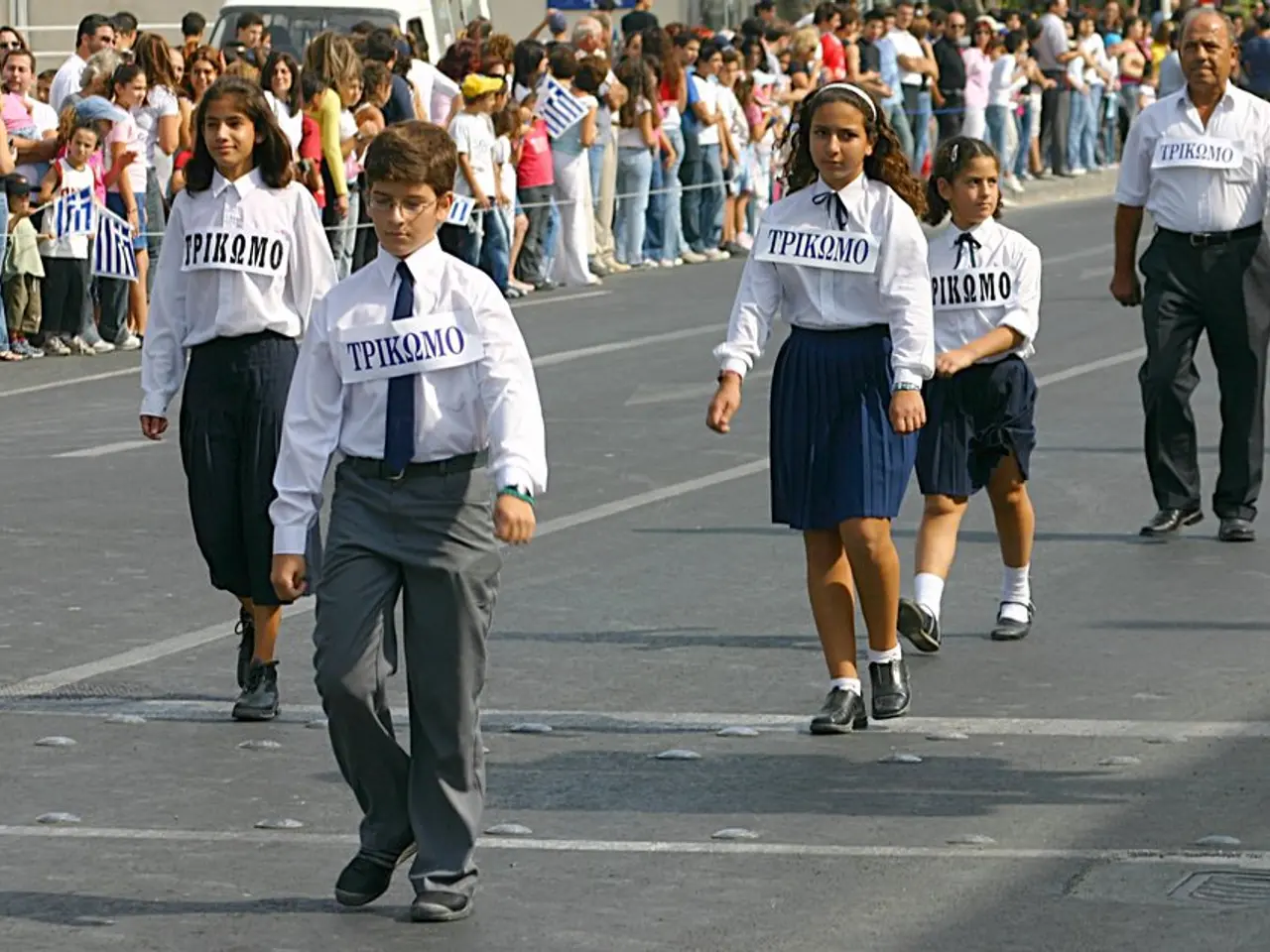Exploring the musical roots of GDR history: workshop held in the Andreasstraße memorial site
In the heart of Germany, music workshops in Erfurt are using song and music video creation as a powerful tool to remember and honour the victims of the SED dictatorship. These innovative workshops combine historical reflection with artistic expression, offering a unique and engaging way for participants to connect with the past.
The project, funded by the Thuringian State Agency for Civic Education and the Andreasstraße Memorial, is centred around education about the SED dictatorship (the ruling Socialist Unity Party in East Germany from 1949 to 1990). Participants learn about the political repression, human rights abuses, and the personal stories of individual victims, creating a deep and emotional connection to the past.
Collaborative songwriting is a key element of these workshops. Attendees work together to create original songs or adapt existing ones that reflect themes of memory, resistance, loss, and hope. The lyrical content often personalizes the experiences of those who suffered under the dictatorship, making the abstract history tangible and emotionally resonant.
Beyond songwriting, participants produce music videos to visually represent the stories and emotions connected to the dictatorship’s victims. These videos incorporate symbolic imagery, documentary-style footage, or dramatizations that deepen the impact of the message. For this project, the participants filmed using tablets and action cameras, and the music video was produced entirely in-house.
Community engagement and public presentation are crucial components of these workshops. The finished songs and videos are shared in public performances, exhibitions, or online platforms, promoting wider awareness and collective remembrance. This fosters dialogue between generations and encourages society to confront and remember the past.
One of the most poignant aspects of this project is its connection to Hoheneck, a notorious women's prison in the DDR, housing over 23,000 women between 1950 and 1989, many for political reasons. Historian Sebastian Lindner advocates for Hoheneck as a site of remembrance, and the full version of the music video will be released on the memorial's YouTube channel.
These workshops are also a platform for contemporary German authors. Jochen Voit, an Erfurt author, has a new comic about a trans-German couple under Stasi surveillance, adding another layer to the narrative of the SED dictatorship's impact on individual lives.
By combining education with creative practice, these workshops help keep the memory of the SED dictatorship’s victims alive in a way that is accessible, evocative, and meaningful, particularly for younger generations who did not directly experience those events. This approach strengthens historical consciousness and supports ongoing processes of reconciliation and democratic awareness in Germany.
Media educator Kay Albrecht provided technical support and encouraged experimentation, ensuring that the creative process remained engaging and empowering for all participants. The project was free of charge for the participants, making it accessible to a wide range of people.
These music workshops in Erfurt are a testament to the power of art and creativity in fostering understanding, empathy, and remembrance. They offer a unique and impactful way to engage with history, promoting a deeper understanding of the past and its ongoing relevance in contemporary society.
In these workshops, participants create music and music videos, blending education about the SED dictatorship with artistic expression, thereby forming a lifestyle that intertwines entertainment, music, and history. The finished artworks, showcased in public performances or online, serve as a means of entertainment that also entertains the idea of remembrance, keeping the memories of the SED dictatorship's victims alive.

